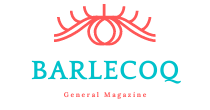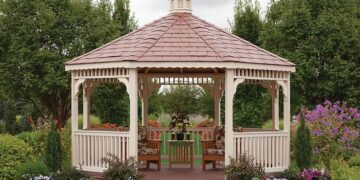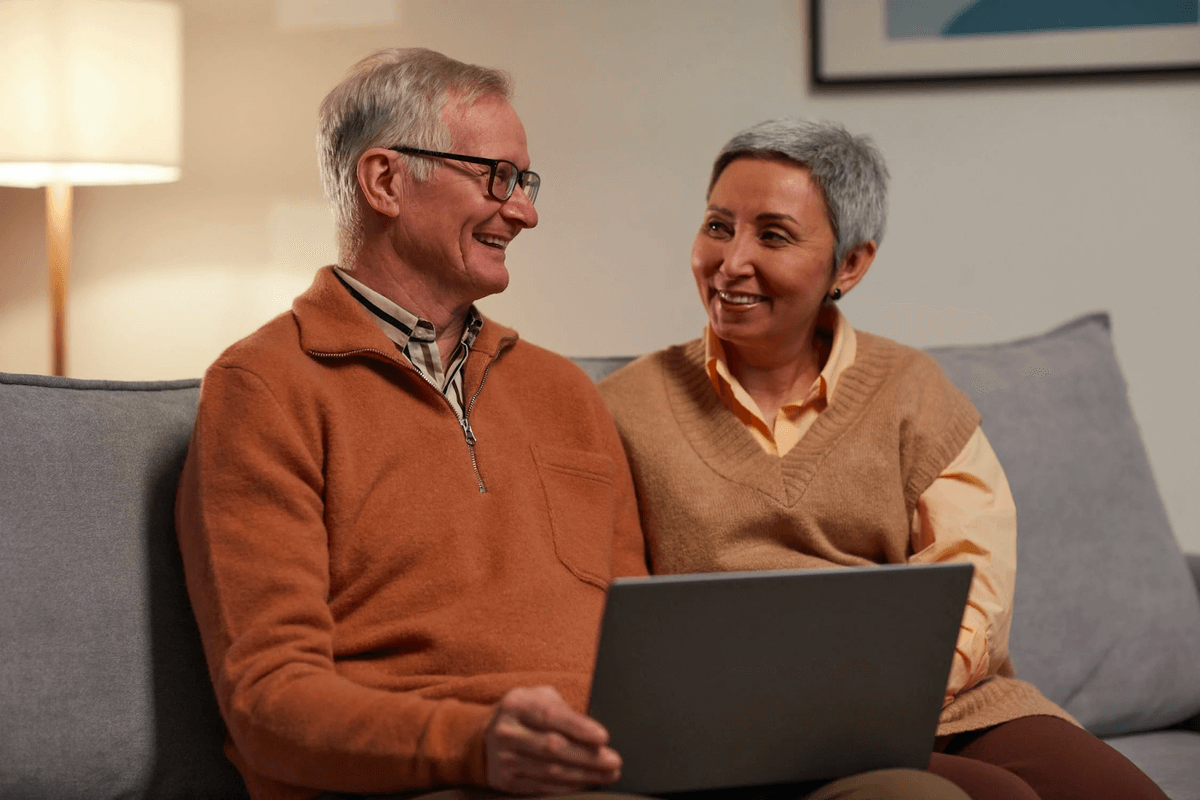It is becoming increasingly common for people to live well into their 80s and 90s. The number of people over 65 is expected to double by 2030, and those over 85 will quadruple. That’s great news because we live longer and healthier lives than ever. But it also challenges our healthcare system, which must provide adequate care for an aging population.
One solution is for family members and friends to take on a greater role in caring for elderly loved ones. And that’s where this guide comes in. It provides 10 tips for giving geriatric care based on the latest research on what works best. Following these tips can help make your loved one’s life easier and more comfortable and even improve their health.
- Keep Them Socially Active
Social isolation is a major problem for older adults. A lack of social contact can lead to cognitive decline, depression, and even premature death. So it’s important to encourage your loved one to stay socially active. There are many ways to do this, such as joining a social club or participating in group activities.
You can also help them stay connected to friends and family members by arranging regular phone calls or visits. Or you might want to consider moving them closer to relatives who can provide social and emotional support.
- Help Them Exercise
Regular exercise is one of the best things for health at any age. But it’s especially important for the elderly. They are at a greater risk of falls and other injuries. Exercise can enhance balance, flexibility, and muscle strength. It can also reduce the risk of dementia and other chronic diseases. Moreover, exercising can be a great way to socialize. You might want to encourage your loved one to join an exercise class or take walks with friends.
However, we recommend you ask a geriatric doctor to assess your loved one’s fitness level before starting any new exercise routine. The doctor will conduct a detailed assessment and prescribe a safe and effective exercise plan.
- Promote Healthy Eating
Image source: Pexels
As we age, our bodies become less capable of absorbing nutrients from food. That’s why the elderly need to eat a healthy diet with plenty of fruits, vegetables, and whole grains. Older adults should also limit their intake of saturated fats, salt, and sugar.
You can ask your geriatric doctor to prepare a diet chart specifically for your loved one. And you can help them stick to it by cooking meals at home or taking them to restaurants that serve healthy food.
- Get Them Vaccinated
Vaccinations are an important way to prevent disease in the elderly. The flu vaccine is particularly important, as older adults are at greater risk of complications from influenza. Other recommended vaccines include those for pneumonia and shingles.
You can take them to a primary care doctor or a travel clinic to get vaccinated. You might also want to ask the doctor about getting a booster shot for tetanus, as the immunity from this vaccine decreases with age.
- Prevent Falls
Falls are a major reason for injury in older adults. But there are many things you can do to prevent them. Start by ensuring your loved one’s home is safe, with no loose rugs or cords in the way. Help them get up slowly and carefully, and make sure they have sturdy shoes with good traction.
You can also encourage them to exercise regularly, improving their balance and muscle strength. And if they do have a fall, make sure to take them to the doctor so they can be checked for injuries.
- Manage Their Medications
Older adults often take multiple medications for multiple health conditions. This can increase the risk of side effects and drug interactions. So it’s important to manage your loved one’s medications carefully. Keep track of what they’re taking, and be sure to follow all instructions from their primary care doctor or pharmacist.
You also need to ensure that they take their medications on time and at the correct dosage. You might want to set up a pill box or use a phone app to remind them.
- Control Their Stress Levels
Chronic stress can lead to various health problems, including heart disease, anxiety, and depression. It’s important to help your loved ones manage their stress levels. There are many ways to do this, such as relaxation techniques or counseling.
A great way to manage stress is meditation. You can find many apps and online resources to help you get started with meditation and help manage stress.
- Get Them Regular Checkups
Regular medical checkups are important for the elderly. They can help identify health problems early when they’re more easily detectable and treatable. Be sure to schedule regular appointments with your loved one’s primary health physician. Also, remember to follow up on any recommendations.
It is recommended that you find a primary care doctor as close to your home as possible, so it’s easy to get to appointments. You might also want to ask about getting a geriatrician, as these doctors specialize in caring for older adults. You can simply search for ‘Primary doctor near me’ to find a doctor close to your residence.
- Plan For End-Of-Life Care
No one likes to think about death. But it’s important to plan for end-of-life care to ensure a smooth and peaceful parting. This includes having a conversation with your loved one about their wishes. It’s also a good idea to designate someone to make medical decisions on their behalf if they cannot do so.
- Seek Help When Needed
Caring for the elderly can be difficult. If your loved one is finding it difficult to cope, don’t hesitate to seek help. There are many resources available, including support groups and home care services. Moreover, you can also consult a geriatrician for professional help and guidance.
Parting Thoughts
We hope the tips mentioned in the blog can help you provide better care for your aging loved ones. But it’s important to remember that each person is unique, and what works for one may not work for another. So be sure to tailor your approach to the individual needs of your loved one. With patience and understanding, you can make their golden years as happy and healthy as possible.









